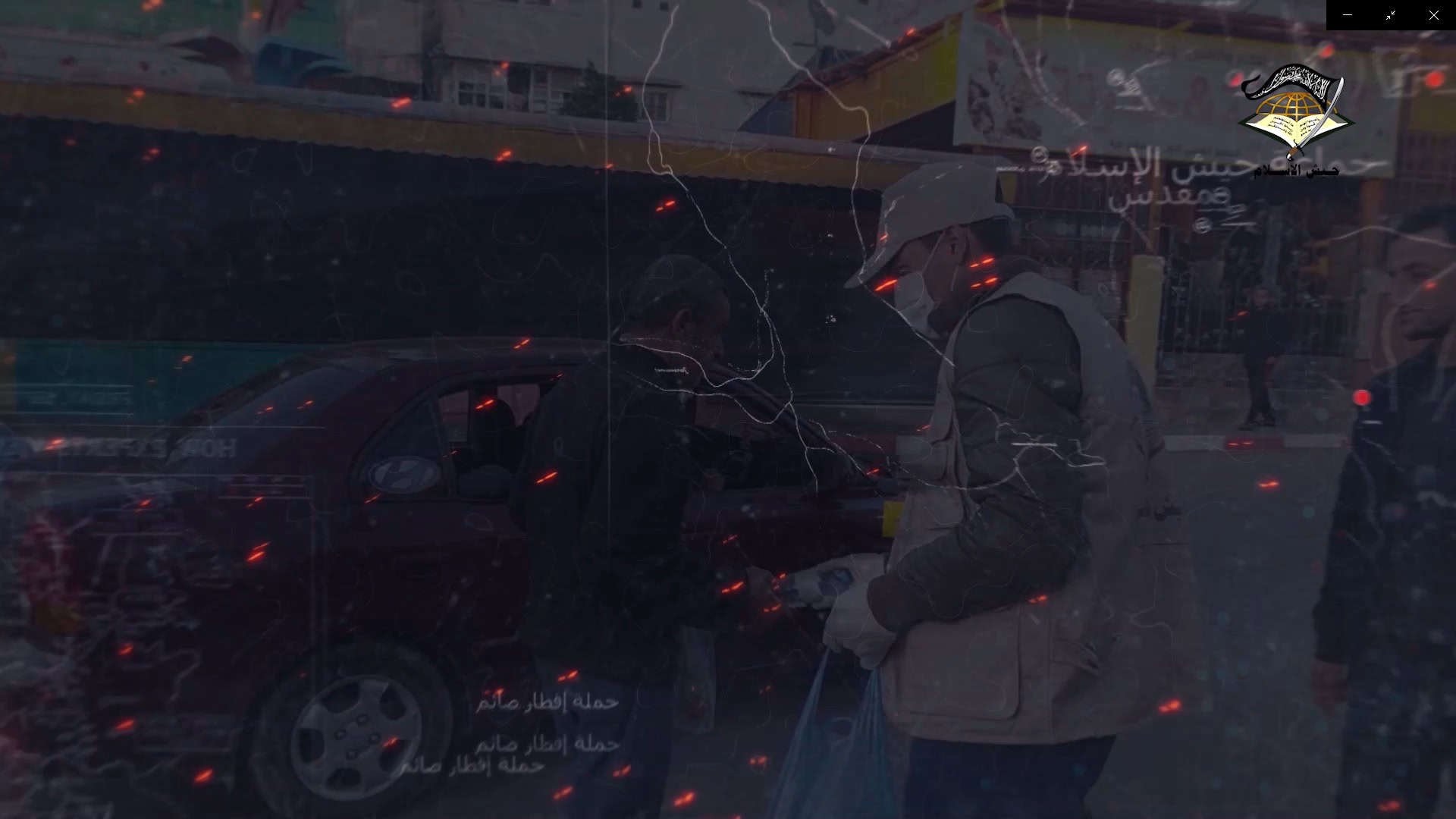
Jaysh al Islam steps up its activities in the Gaza Strip
The Salafi jihadi group, Jaysh al Islam, has increased its social media activity and has promoted its activities over recent weeks.

The Salafi jihadi group, Jaysh al Islam, has increased its social media activity and has promoted its activities over recent weeks.
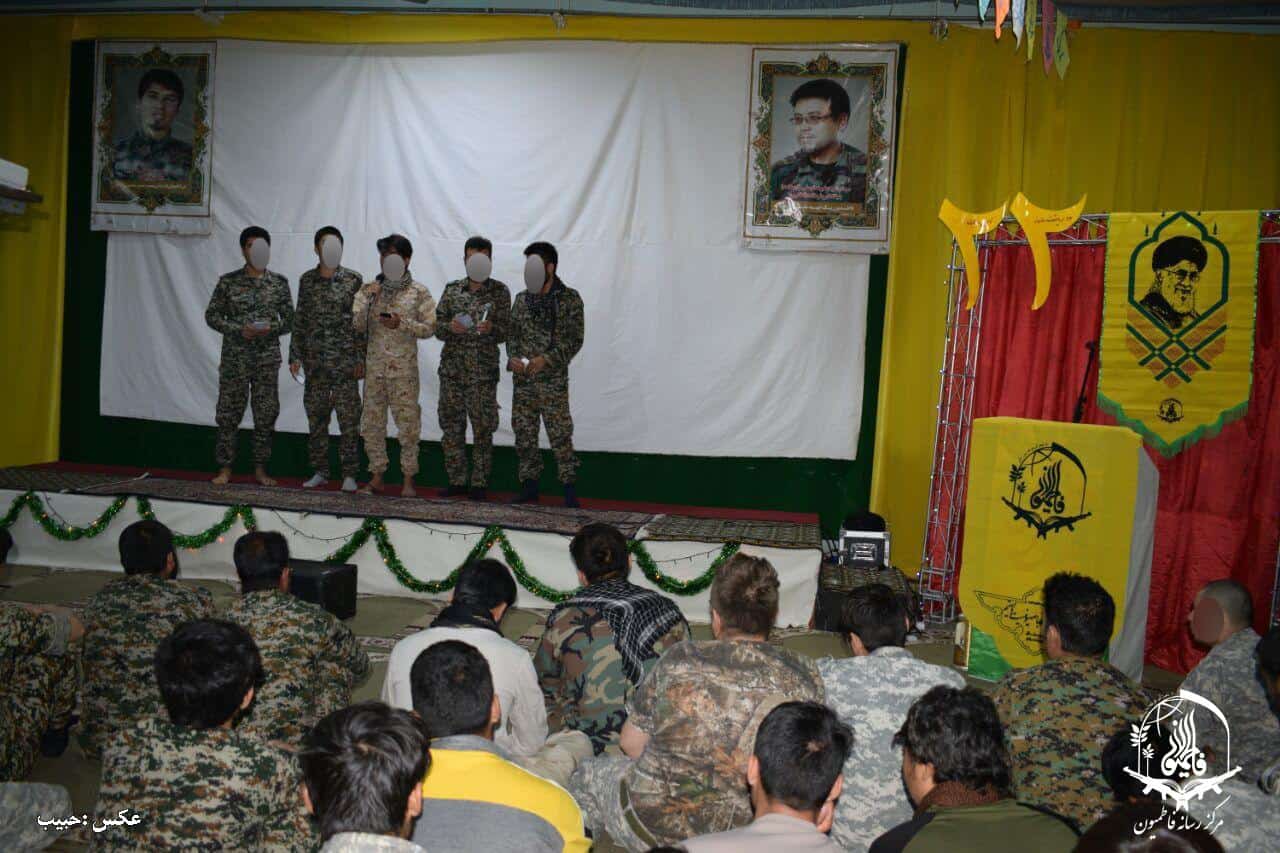
Since its founding in 2013, the Iranian-led Afghan Shia militia has been at the forefront of most major battles in the defense of the Assad regime.
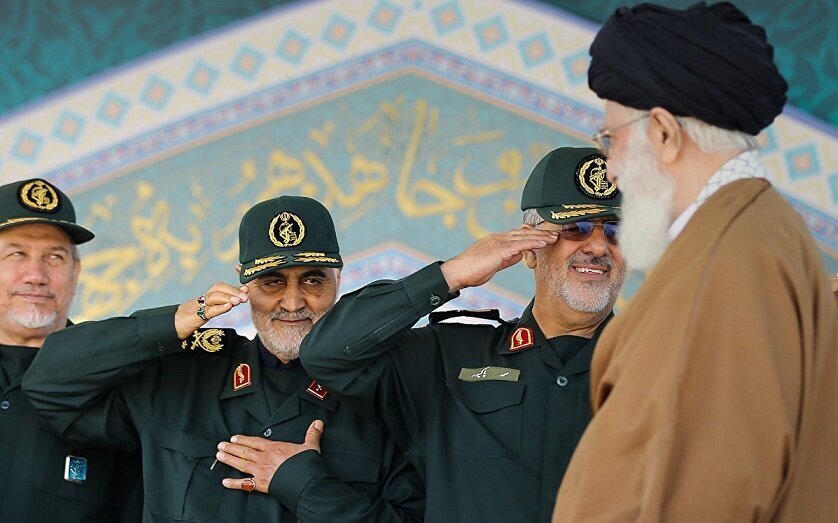
The slain Qassem Soleimani’s last will and testament provides key insight into his worldview and the legacy he sought.
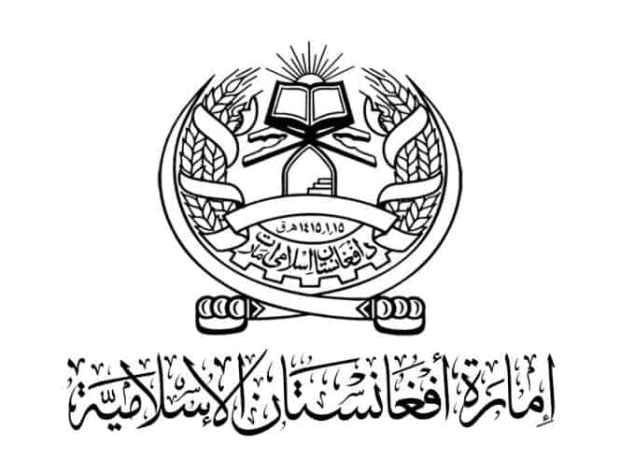
At least 27 Afghan soldiers were killed and nine more are missing during a Taliban attack on an Afghan National Army outposts in the eastern province of Laghman on May 10. Meanwhile, the U.S. military continues to call for the Taliban to reduce violence.
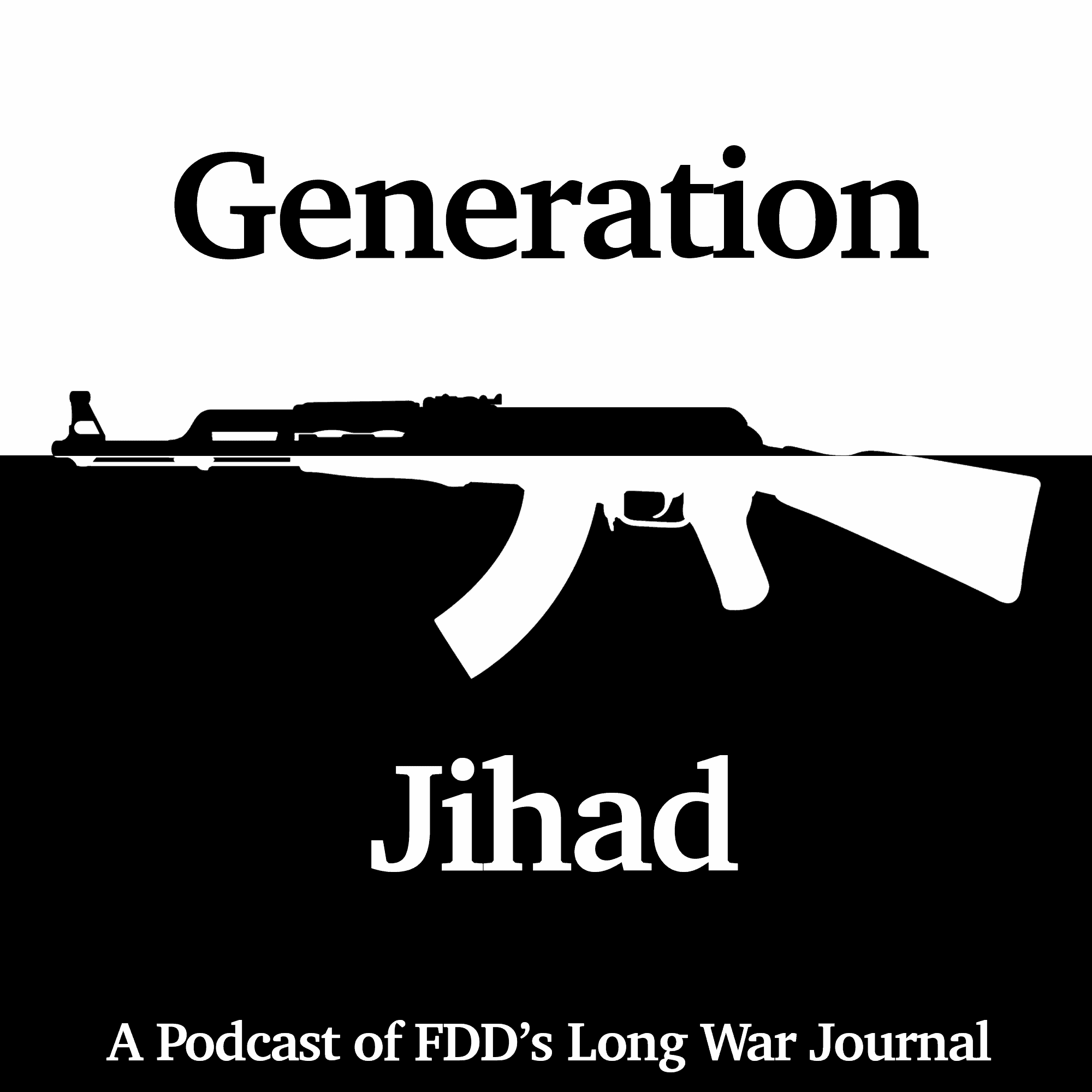
Hosts Bill Roggio and Tom Joscelyn discuss the history of America’s drone campaign against al-Qaeda and ISIS.
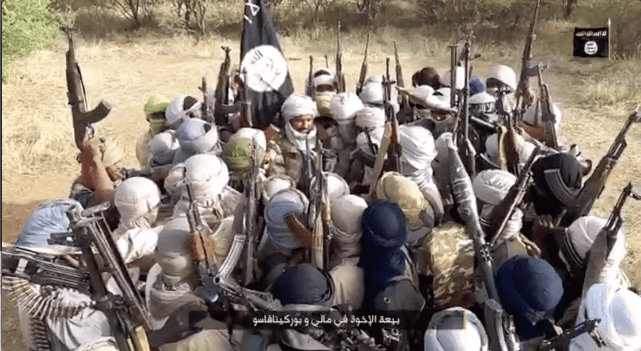
In the latest edition of its Al-Naba newsletter, the Islamic State claims that Al Qaeda started a war against the so-called caliphate’s men in West Africa. Independent reporting shows the two sides have clashed in recent weeks.
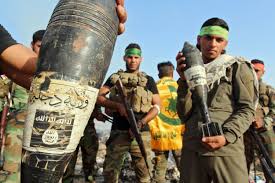
There have been at least 43 attacks using rockets and/or mortars on U.S. positions in Iraq by Iranian-backed Shiite militias. These attacks shed light on Iranian and allied-Shiite militia intentions and strategy.

Craig Whiteside joins hosts Bill Roggio and Tom Joscelyn to discuss his new book, The ISIS Reader: Milestone Texts of the Islamic State Movement.
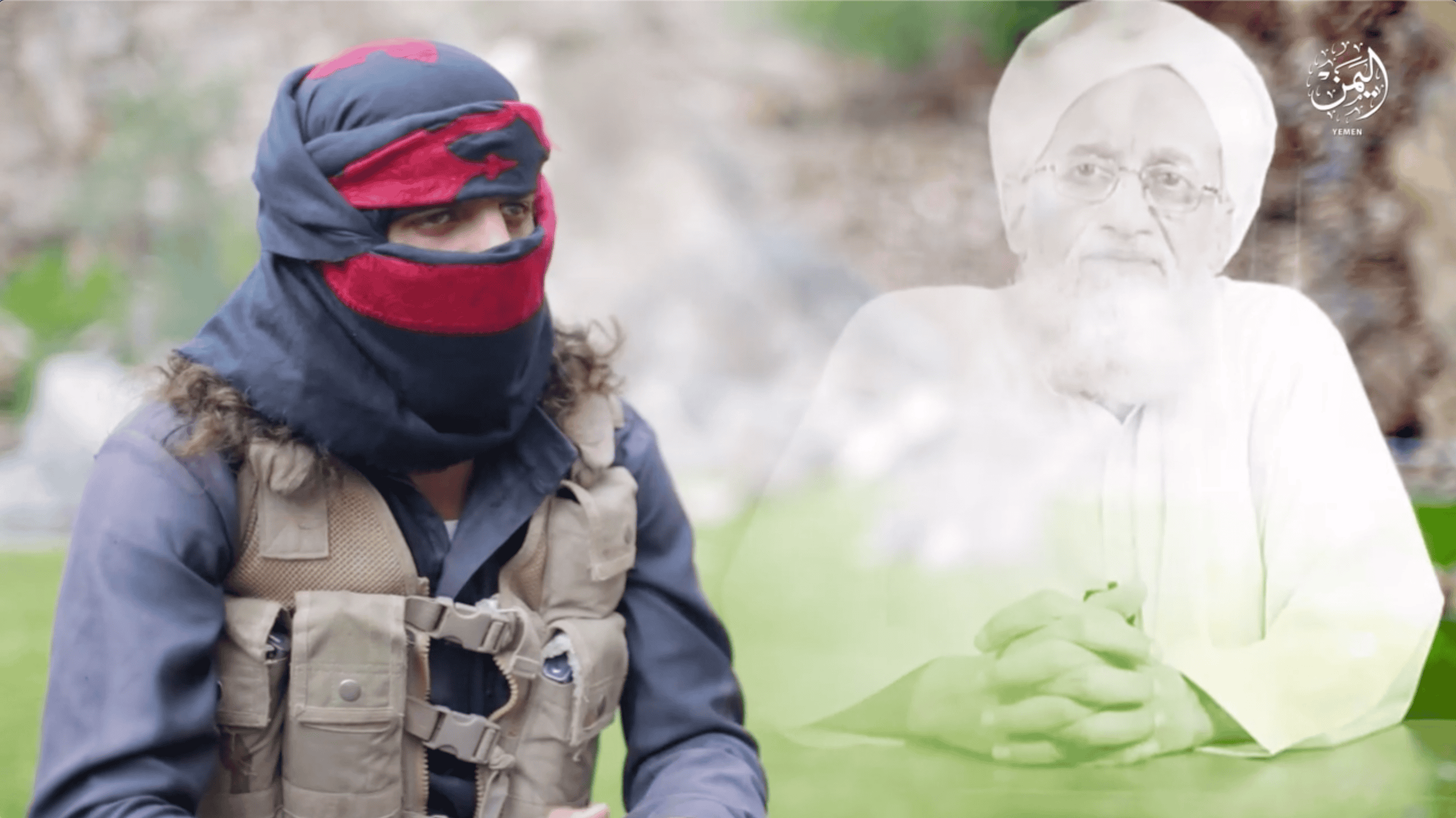
In late April, the Islamic State’s Yemen “province” released a video attacking al-Qaeda’s ideological credentials. The video is the latest piece of propaganda in the Islamic State’s campaign against its jihadist rival.

Iran continues its support for its proxy militias in Syria, as the Israeli military attempts to counter it.

Despite the COVID-19 pandemic, Saraya al Quds, the military wing of Palestinian Islamic Jihad, affirms its commitment to its resistance against Israel.

Daveed Gartenstein-Ross joins hosts Bill Roggio and Tom Joscelyn to discuss how jihadists are adapting to the coronavirus pandemic.
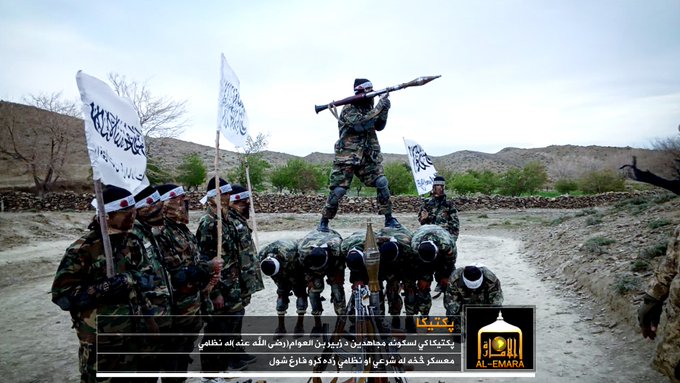
According to UNAMA, civilian casualties decreased during the first quarter of the year, as compared to similar timeframes in previous years. However, there was a “disturbing increase in violence” in Afghanistan following the U.S. agreement with the Taliban on Feb. 29. And the Taliban is the prime culprit with respect to civilian casualties.
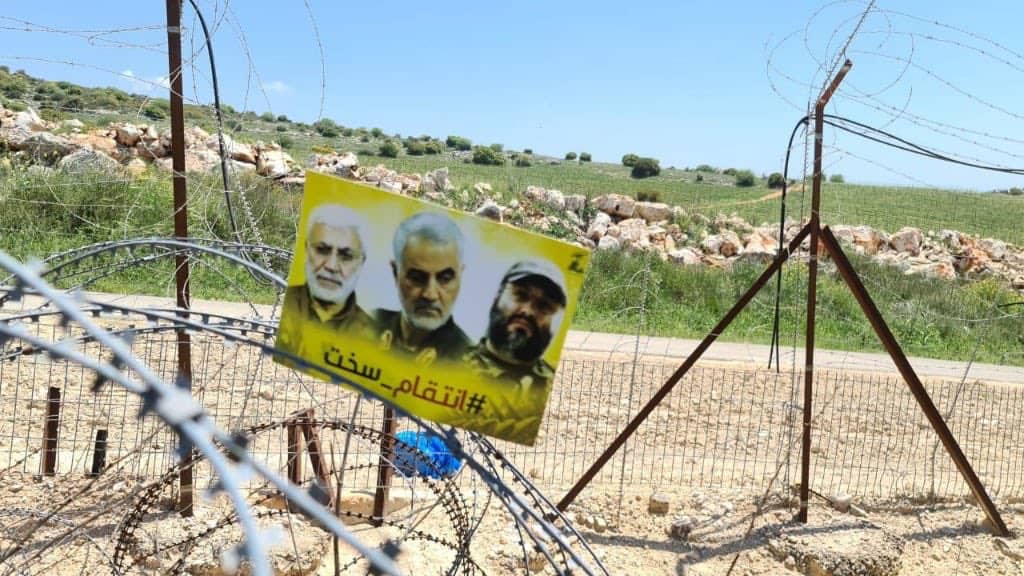
Israel and Hezbollah attempt to maintain the status quo that has kept them from conflict despite recent military activity between the two.
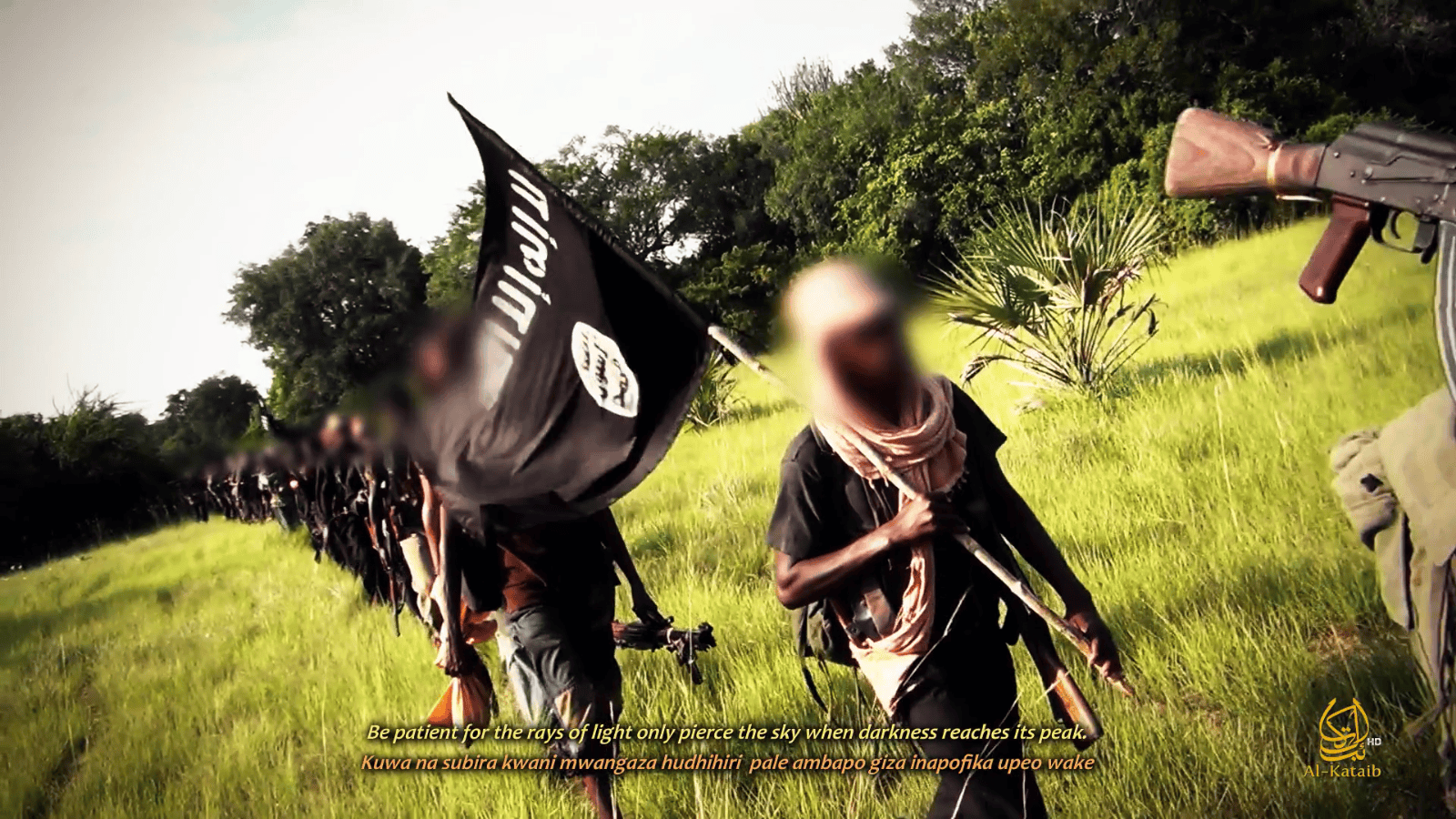
The Al Qaeda branch claims its men enacted “heavy losses” to AMISOM and Kenyan troops in southern Somalia. African Union troops and the Somali government have stated otherwise, however.
As the U.S. is relying on the Taliban to keep Afghanistan from being a haven for terrorists in the wake of an agreement between the two parties, the Taliban lauds Mullah Omar’s defense of Osama bin Laden after Al Qaeda’s attack on the U.S. on Sept. 11, 2001.
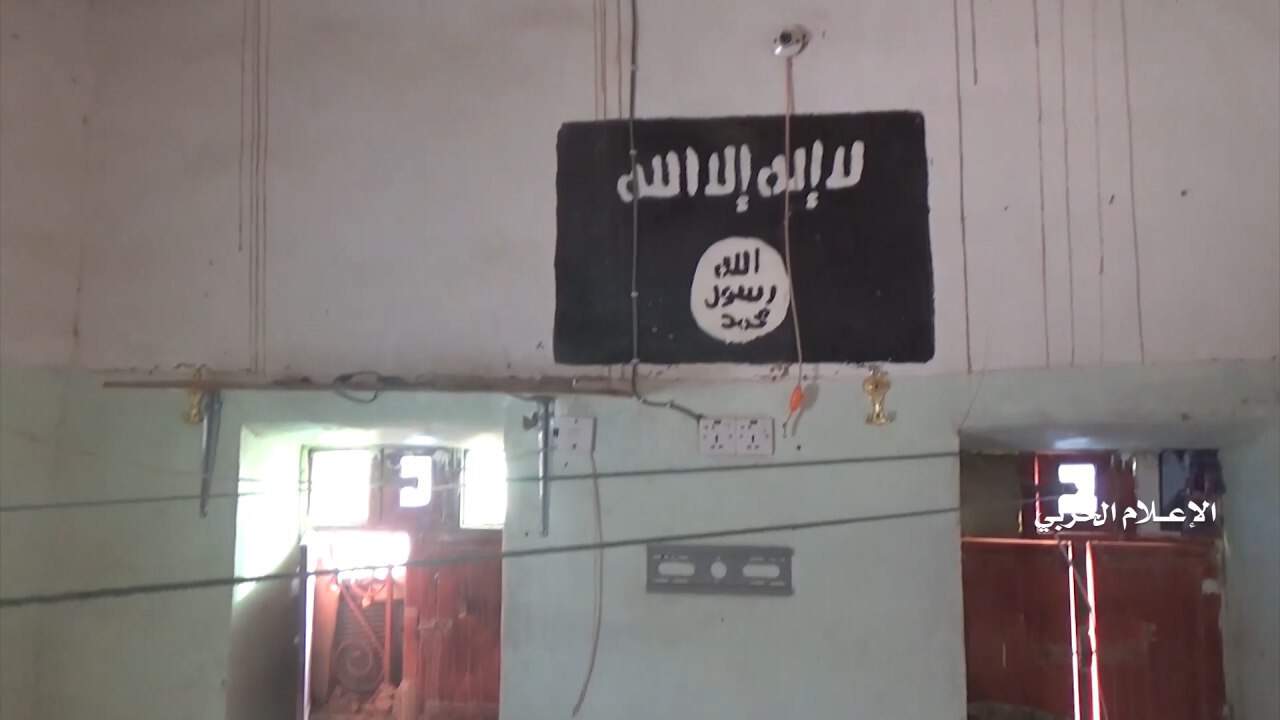
Houthis report to have captured an al Qaeda base in one of its historical strongholds in the country. No independent verification of this event, however, has yet been reported.

Hosts Bill Roggio and Tom Joscelyn discuss Hezbollah’s influence in Iraq and the State Department’s decision to offer a $10 million reward for information concerning the group’s main man in the country.
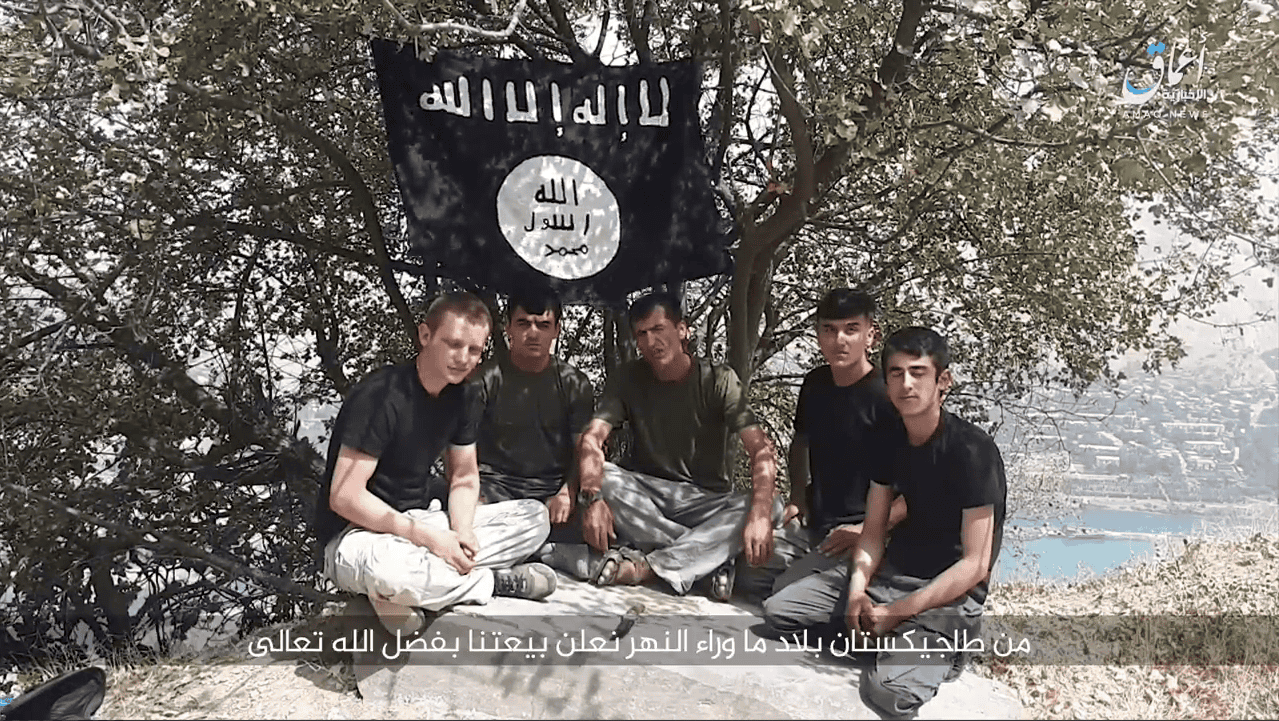
German prosecutors announced last week that four alleged ISIS members were arrested and charged with planning attacks against U.S. military facilities. The four are from Tajikistan, a Central Asian country ISIS has long targeted for its recruiting efforts.
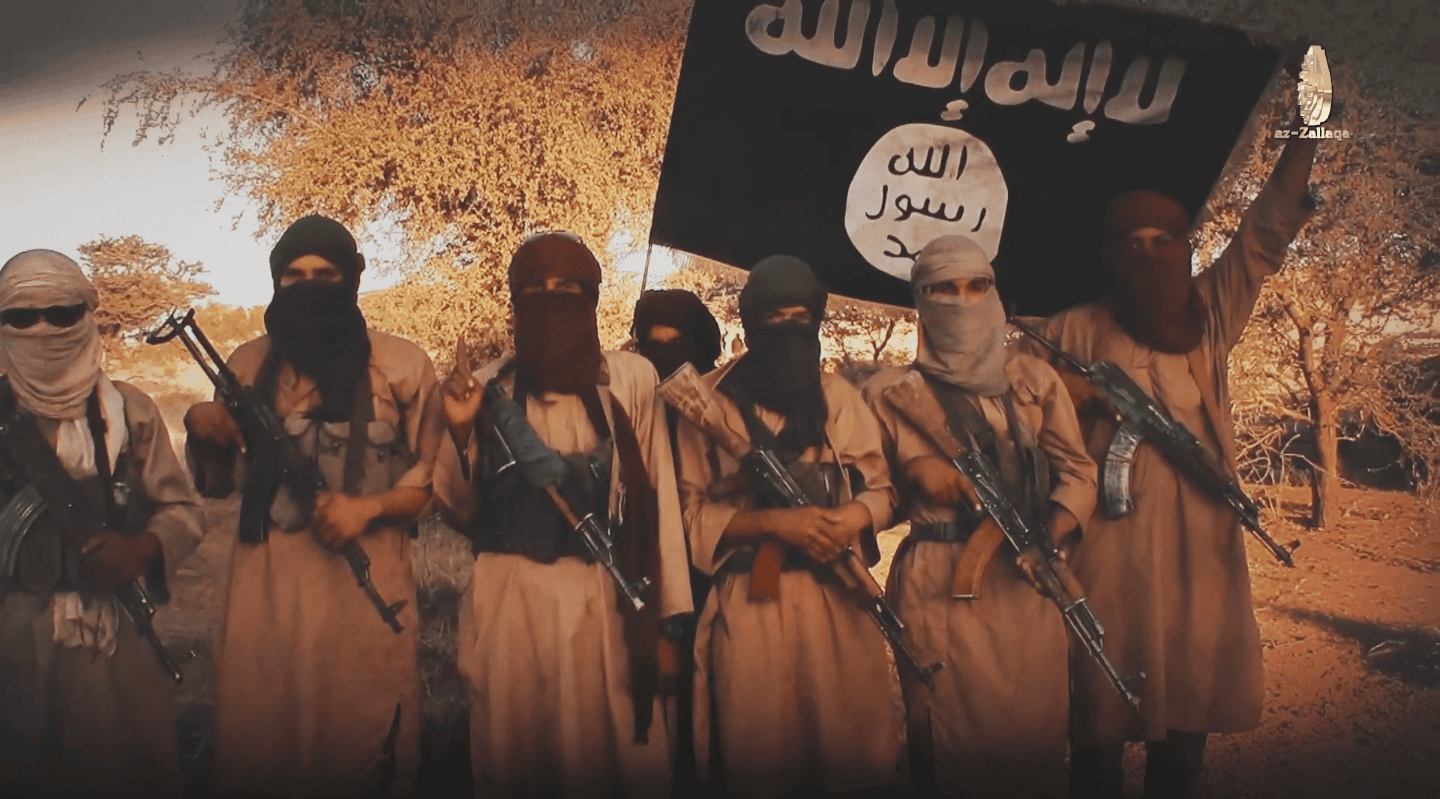
The two jihadist groups continue their rampage in Mali, Niger, and Burkina Faso.

A recent series of incidents between Israel and Hezbollah has increased the likelihood of renewed conflict between the two foes.

The Islamic State in Syria has drawn on Maldivian jihadists since 2014, now it seems the group’s violence has spread back to the island nation.
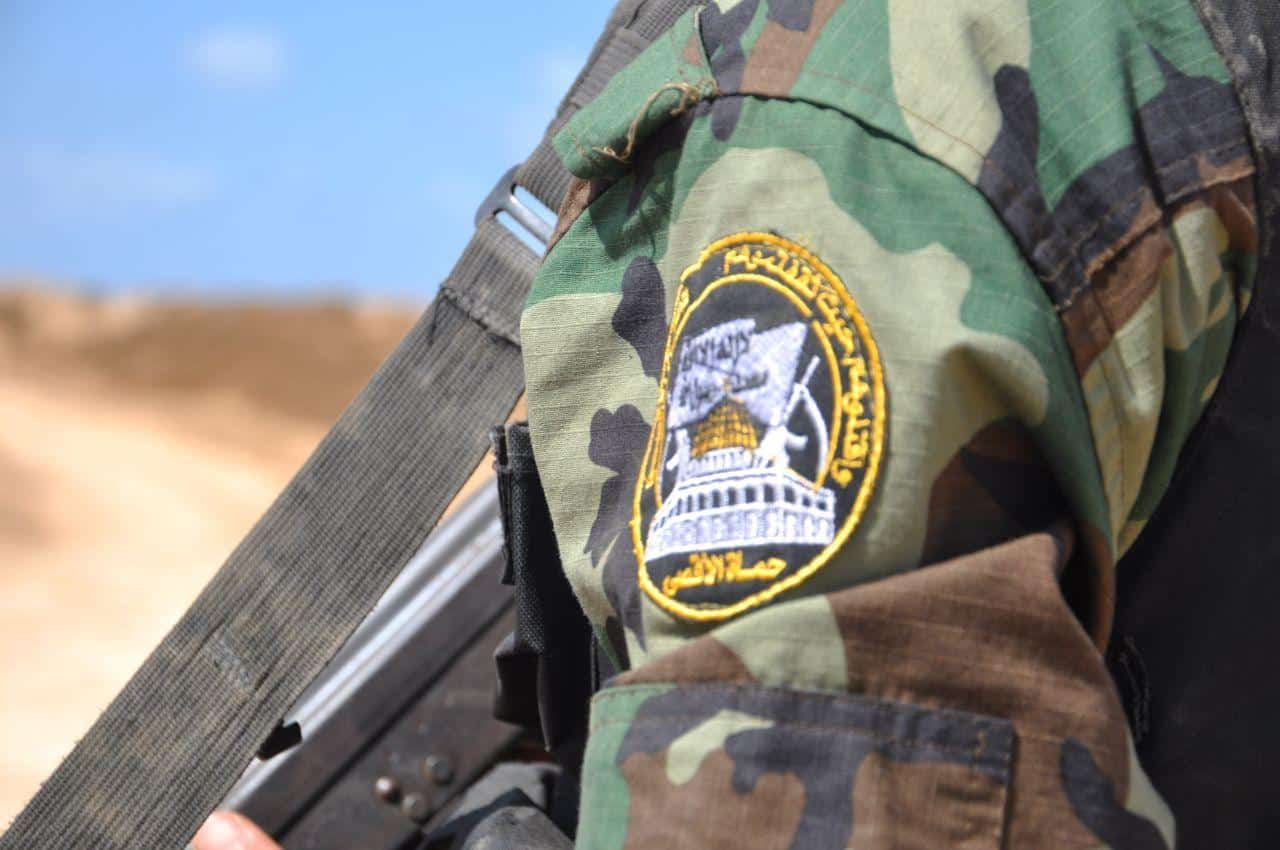
Suspected of being established and funded by a senior Hamas leader, Humat al Aqsa acts as a proxy for Hamas to conduct military operations against Israel.

Hosts Tom Joscelyn and Bill Roggio discuss how the Daniel Pearl affair highlights deeper problems within Pakistan. After all, FDD’s Long War Journal is banned in Pakistan, while many jihadists are not.
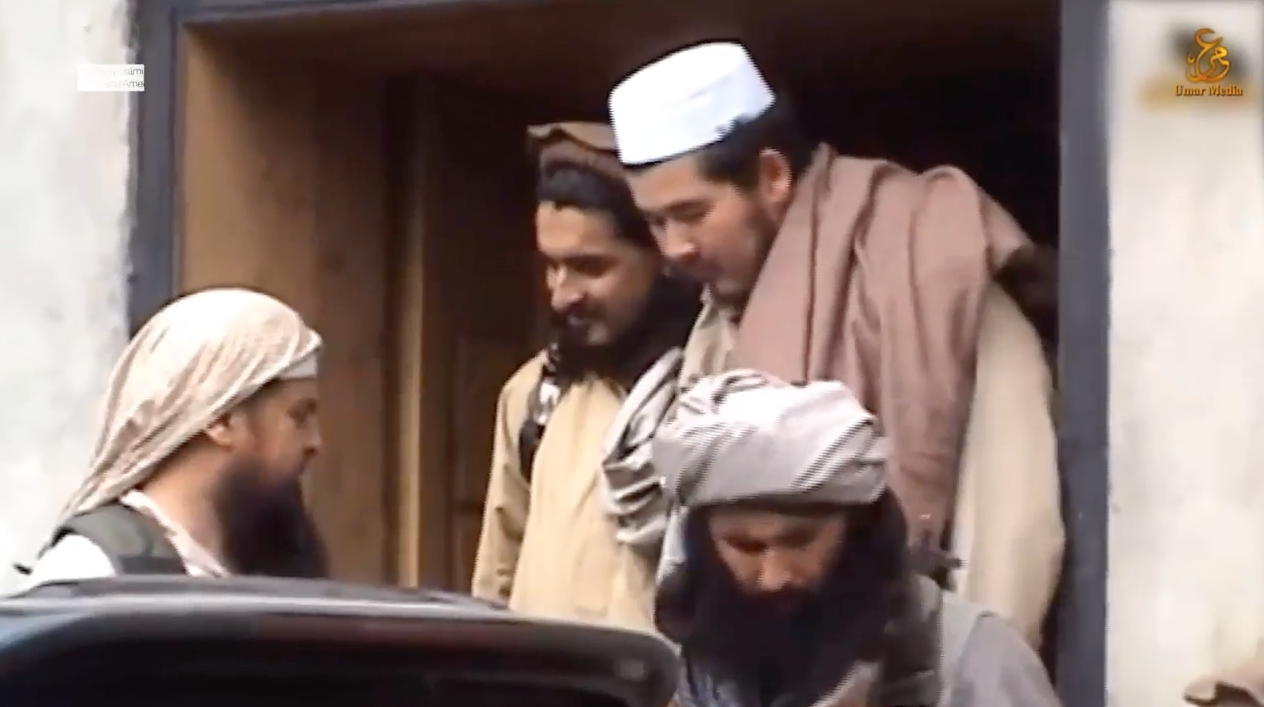
The Movement of the Taliban in Pakistan highlights the often overlooked relationship between the Afghan Taliban, its Pakistani brothers, and al Qaeda, and Pakistan’s complicity in propping up terror networks.
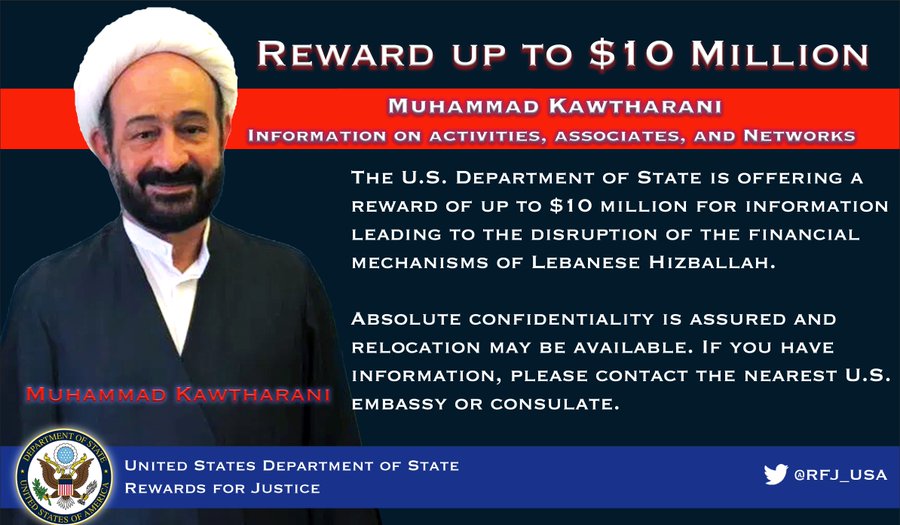
Hezbollah operates closely in Iraq alongside Iran’s Islamic Revolutionary Guards Corps to prop up and support Shia militias hostile to the U.S. and the West. Muhammad Kawtharani has played a key role in Hezbollah’s operations.
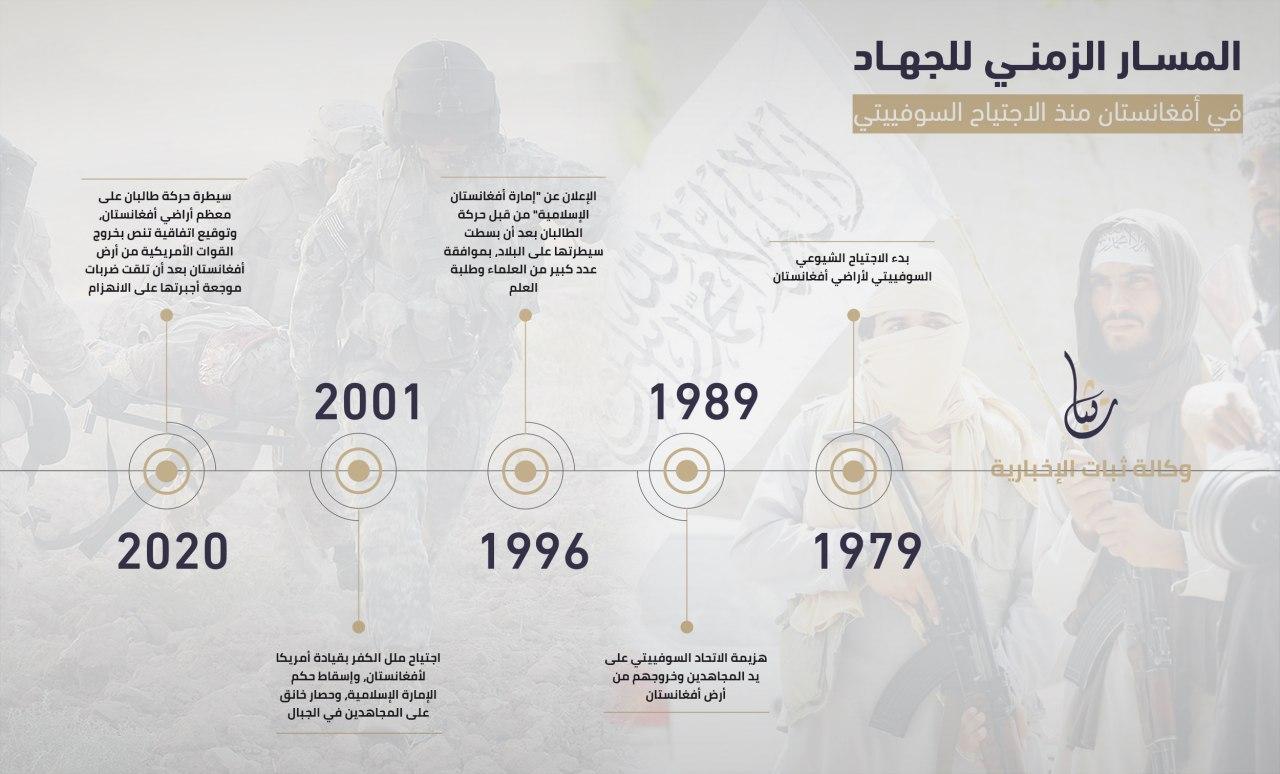
Thabat, an al-Qaeda-affiliated media outfit, has released a series of infographics that are intended to highlight the group’s global reach and resiliency. The images trumpet a large number of purported attacks in Afghanistan, as well as America’s withdrawal from the country.
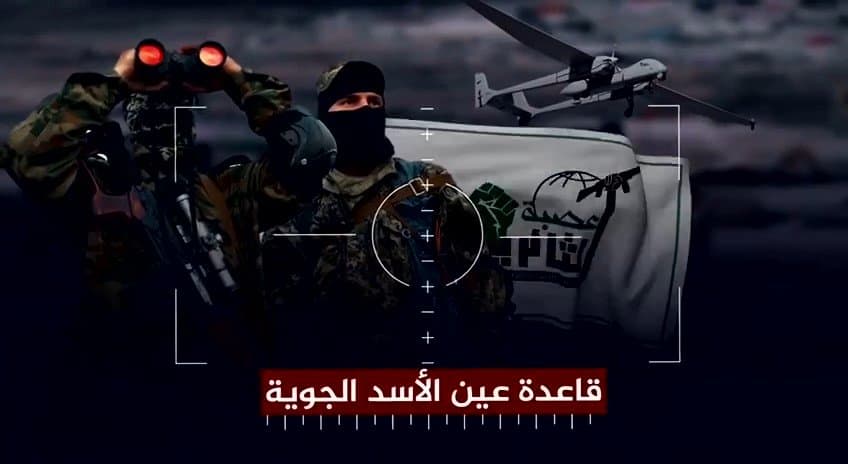
The Iranian proxy group continues its surveillance of US troops in Iraq.

The group celebrates a March 2014 bombing which killed two Bahraini and one Emirati policemen.
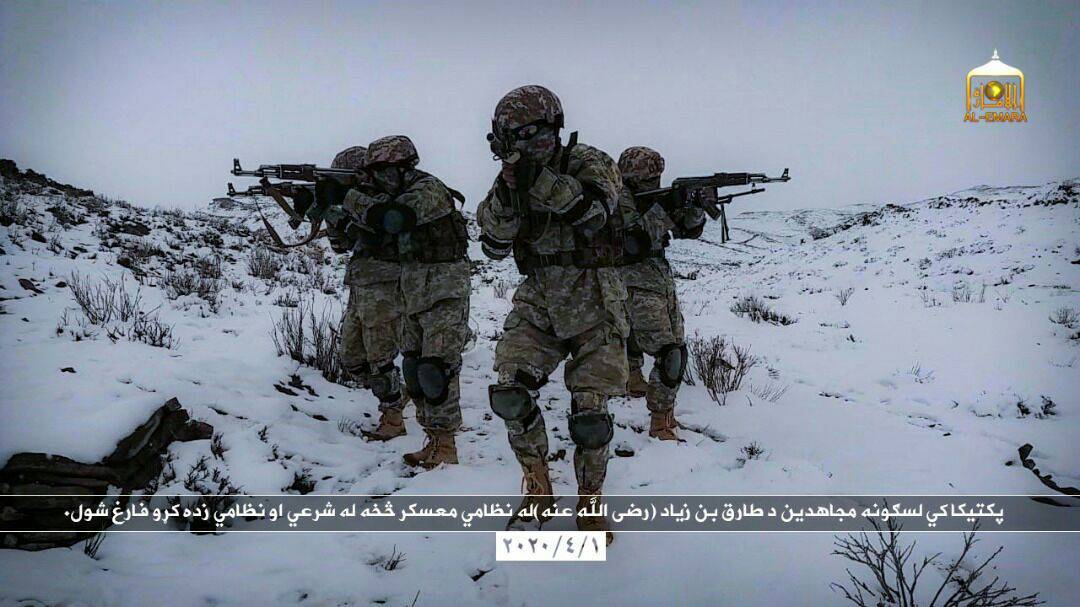
The Taliban again highlighted the Red Unit, the group’s special operations unit that spearheads its assaults throughout Afghanistan.